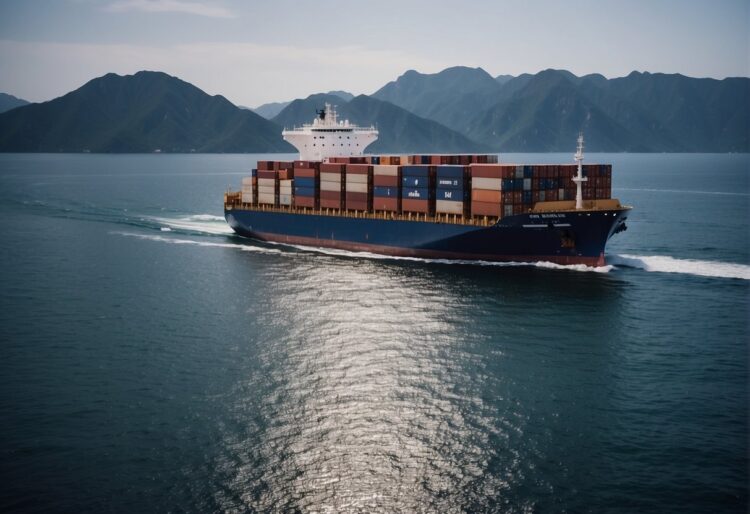What is the Minimum Weight for LCL? Understanding Less Than Container Load Shipping Requirements
Less than Container Load (LCL) shipping is an option for transporting smaller amounts of freight that do not require the full space of a standard shipping container. This method is often chosen by businesses and individuals who need to ship quantities that are too large for parcel carriers but too small to justify the cost of an entire container. LCL allows for the consolidation of cargo from multiple shippers into a single container, thereby optimizing space usage and reducing shipping costs.
The question of minimum weight for LCL shipments is not tied to strict regulations as it often depends on the carrier and the route. Generally, there is no officially mandated minimum weight, but most freight forwarders and carriers set their own minimum charges, which typically equate to a minimum weight threshold. This is done to ensure the cost of transportation is covered, considering the handling and operational work involved. Usually, this minimum charge could be equivalent to one cubic meter or a certain weight, often around 100 kilograms, but this can vary.
It is important for shippers to understand that while LCL may be cost-effective for smaller shipments, the freight cost is not solely based on weight. The chargeable weight for LCL shipments is the greater of the actual gross weight or the volumetric weight, calculated based on the cargo’s dimensions. Therefore, when considering LCL shipping, shippers should not only consider the minimum weight or volume but also the nature of their cargo, packing efficiency, and how charges are calculated to ensure the most cost-effective shipping method is chosen.
Basics of LCL Shipping
Less than Container Load (LCL) shipping allows multiple shippers to share container space for transporting goods, efficiently utilizing space and reducing costs.
Defining LCL
LCL shipping occurs when a shipper does not have enough goods to fill an entire container. Instead, their goods share container space with other shippers’ goods. This method is economical for smaller shipments, allowing shippers to pay only for the space they use within the container. Freight forwarders typically arrange the consolidation of such shipments, which are then shipped together to their destination.
Minimum Weight Requirements
There is no standardized minimum weight for LCL shipments; instead, freight forwarders usually have their own set minimums, which often start at 100 kg (220 lbs). However, shipments smaller than this can still be sent via LCL, but shippers may be charged a minimum rate as if they were shipping the minimum weight. It is essential for shippers to check with individual freight forwarders or shipping companies for specific weight requirements, as they can vary.
Calculating Costs and Fees
When calculating costs for Less than Container Load (LCL) shipments, shippers should be aware of the base pricing structure and the potential for additional charges.
LCL Pricing Structure
LCL shipping costs are most commonly determined by either volume or weight of the cargo, depending on which is greater. Costs are often quoted per cubic meter or per kilogram.
- Volume: usually calculated in cubic meters (CBM).
Example: If the rate is $30/CBM and your cargo is 2 CBM, the charge would be $60. - Weight: typically calculated per kilogram (KG).
Example: If the cargo weighs 500 KG and the rate is $0.10/KG, the cost would be $50.
Shippers should verify with their freight forwarder which measurement will be used as the basis for their LCL shipment cost.
Additional Charges and Fees
Additional fees may apply beyond the base LCL rate, and these can vary significantly by carrier and shipment specifics.
- Documentation Fee: Charge for processing shipping documents.
- Handling Charges: Fees for loading and unloading cargo.
- Customs Clearance: Costs associated with clearing goods through customs.
- Fuel Surcharge: Additional fee that fluctuates with the cost of fuel.
It is crucial for shippers to inquire about these potential extra fees when receiving a quote to ensure accurate budgeting for their LCL shipment.

